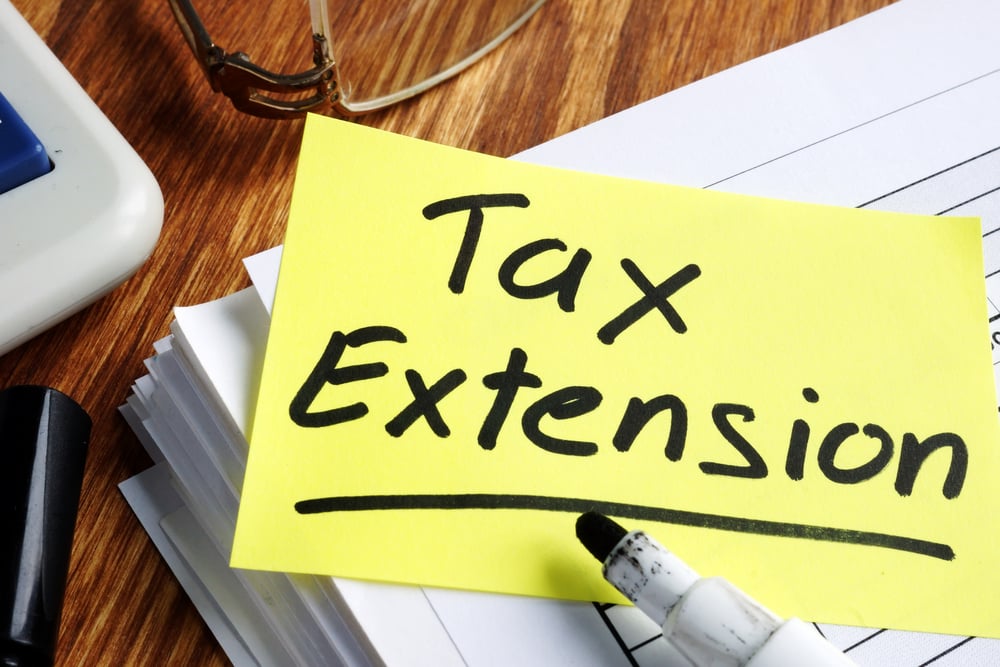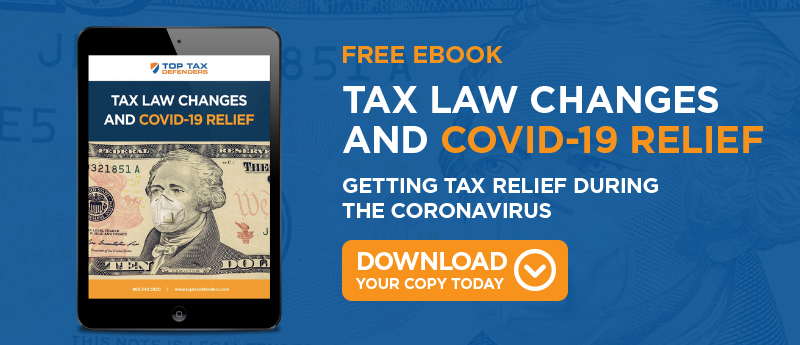
As a response to the disruption of COVID-19 precautions, the federal government issued an emergency declaration on March 13, instructing the Secretary of the Treasury to provide relief in the form of delayed tax deadlines.
With April 15 coming upon us, there were numerous concerns about completing taxes on time. For those who are out of work because of workplace closures, there was worry about the ability to pay on time.
At the time of this writing, not only has the federal government delayed income tax payment until July 15, but it has also delayed the filing date until then as well.
Your state may or may not follow with tax relief of its own.
Backgrounder
The emergency declaration is allowed under the Robert T. Stafford Disaster Relief and Emergency Assistance Act. According to the Internal Revenue laws, the Secretary of the Treasury is authorized to postpone the time for certain actions taxpayers must take. In this case, the Secretary is instructed by the President of the United States “to provide relief from tax deadlines to Americans who have been adversely affected by the COVID-19 emergency, as appropriate, pursuant to 26 USC 7508A(a).”
Part of the Presidential declaration covers those impacted by a federally declared disaster.
Since several states have requested and been granted disaster status, more and more people fall within the jurisdiction of the relief rules. Since the coronavirus pandemic sets in motion actions that are entirely unprecedented, there is an air of confusion, and also the knowledge that things will get worse before they get better.
Therefore Secretary of State Steven Mnuchin has provided guidance that he believes will help ensure “hardworking Americans and businesses have additional liquidity for the next several months.”
The stimulus provided by the US Treasury efforts injects up to $300 billion into the economy to try to stem the possibility of a recession.
Who It Affects
The mandated delay impacts every individual taxpayer as well as corporations. If you owe income taxes for 2019, you are not expected to pay until July 15. Recent changes apply that delay to the filing deadline also.
The latest guidance (again, as of this writing) states the delay applies no matter the amount of taxes due, a change from previous guidance about certain corporations or individuals with extremely high earnings.
Taxpayers are still able to request a six-month extension if they are unable to pay on time.
What the Declaration Affects
The declaration only affects federal income tax payments due on April 15, 2020, for the 2019 taxable year. It includes estimated tax payments for self-employment income for 2020 as well.
- No interest, penalties, or added taxes will be calculated for the period beginning April 15, 2020, through July 15, 2020.
- As of July 16, 2020, interest, penalties, and added taxes begin to accrue for late payment and late filing.
- Interest and penalties will accrue without suspension or deferral on federal income tax payments over the Applicable Postponed Payment Amount not paid by April 15, 2020, as listed in the previous section.
You may be able to seek reasonable cause relief if you are subject to penalties. A tax attorney can help you file for relief under Section 6651 for failure to pay or file for a waiver per Section 6654 for failure by an individual and certain trusts and estates to pay the estimated income tax applied.
Stimulus Checks Are Coming
A trillion-dollar relief package was implemented by the federal government. Part of the legislation provides checks for most individuals. According to the IRS, you are eligible to receive what is called an economic impact payment if you fall within these parameters.
- Full payment for tax filers with adjusted gross income up to $75,000 for individuals and up to $150,000 for married couples filing joint returns.
- Filers with income above $75,000 or $150,000 respectively, receive a payment amount reduced by $5 for each $100 above the $75,000/$150,000 thresholds.
- Single filers with income exceeding $99,000 and joint filers with no children and income exceeding $198,000 are not eligible.
If you filed tax returns for either 2019 or 2018, you will automatically receive a payment of up to $1,200 for individuals or $2,400 for married couples. Parents receive $500 for each qualifying child.
What Else You Should Know
Refunds are still sent as usual as long as you have filed and are eligible for one. There has been no delay in getting cash back to the people.
For state and local income taxes, the rules may not match the federal guidance. You need to check with your state and local taxing authorities about any due date changes.
For now, it remains unclear whether the delay provides substantial monetary relief or if it will stave off a recession. Everything is in flux right now. The best thing you can do is to follow the news as it comes out.
Otherwise, Top Tax Defenders hopes you keep yourself, your family, and your business safe during this time. We are still available to answer questions online, by email, or on the phone. Please don’t hesitate to contact us.




